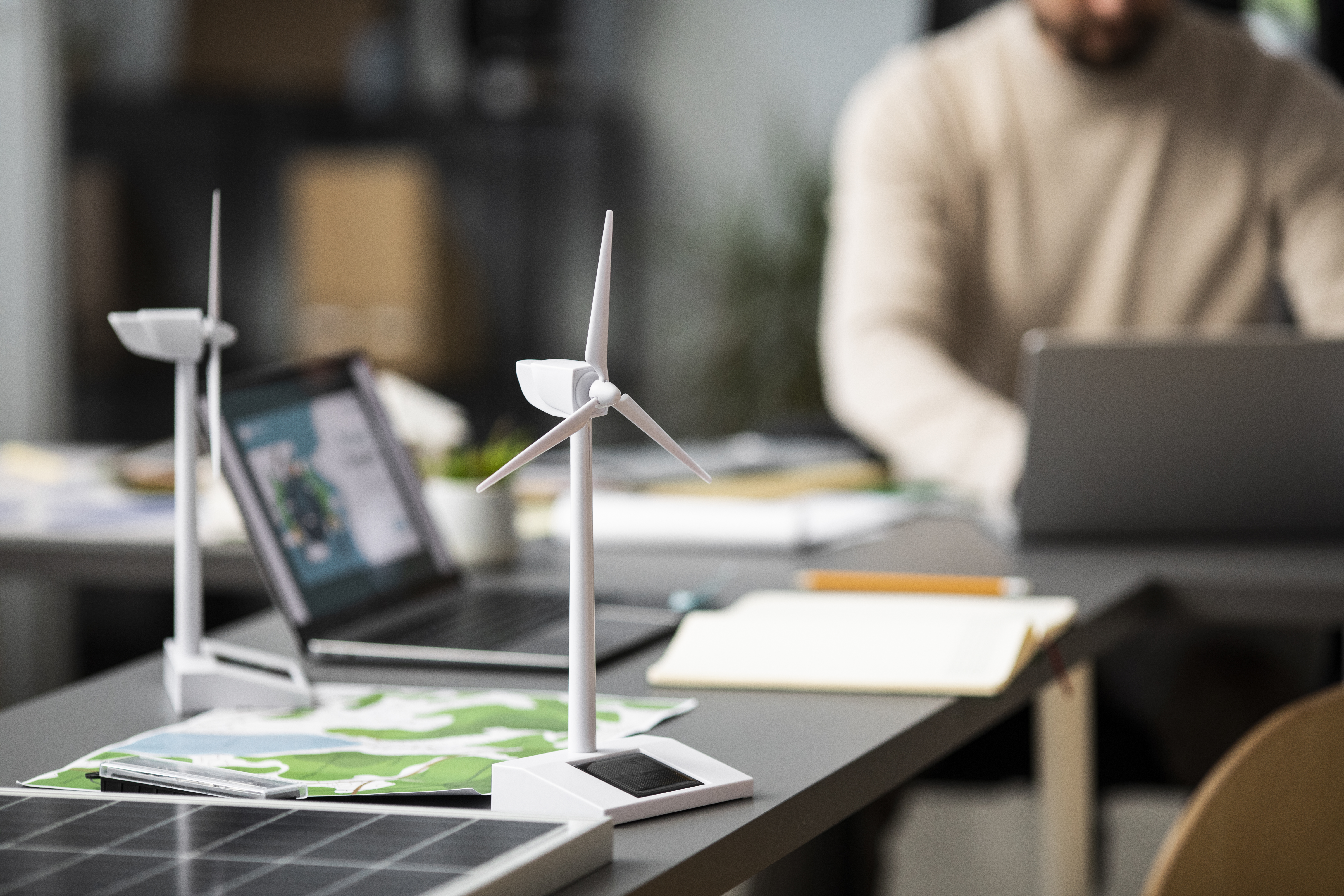The energy transition involves changes in the energy model and in the way we consume and move, which affect and impact society.
The energy transition contributes significantly to the fight against climate change, since it is associated with the reduction of greenhouse gas emissions and other pollutant gases. Additionally, it generates new environments and opportunities to which the economy must adapt and is an opportunity for transforming the production model into a circular and decarbonised model.
An opportunity to improve production and transport systems so that they are much more efficient in the use of resources and offer the solutions required by a decarbonised world.
However, although the transition towards economies with low-carbon emissions creates numerous opportunities and benefits, it can also have negative impacts in the short term in specific environments and in certain regions, communities, and groups. Therefore, the policies and measures for fighting climate change should not only maximise benefits, but also mitigate the negative impacts that this transformation entails in order to guide the change by means of the so-called "Fair Transition".
What is "Fair Transition"?
In 2013, the International Labour Organisation (ILO) adopted a series of guidelines on Fair Transition, with the aim of adequately managing the transition towards environmentally and socially sustainable economies. It is not just about achieving climate goals, but rather doing so by creating decent jobs and making progress in the eradication of poverty and social exclusion in both advanced and developing countries.
This commitment to include Fair Transition policies was also endorsed by the countries that make up the United Nations Framework Convention on Climate Change (UNFCCC). In December 2015, and as a result of COP21, they established that the implementation of the Paris Agreement in climate policies should take into account the needs for fair transition in labour policies.
What has the international commitment to Fair Transition translated into in the case of Spain?
In February 2019, the Government of Spain approved the Strategic Energy and Climate Framework to facilitate the change towards a sustainable and competitive economic model that curbs climate change. This Strategic Framework is structured around three pillars: the draft Climate Change Law, the draft National Integrated Energy and Climate Plan (PNIEC), and the Fair Transition Strategy (ETJ).
However, the objective of the Fair Transition Strategy is to mitigate the adverse effects of global economic restructuring and changes in the labour market, due to which it focuses more on supporting transformation in economic sectors and on creating and protecting employment. Short term and urgently, an action plan has been defined to mitigate the adverse effects of the shut-down of certain energy facilities -coal-fired power stations- that particularly affect certain regions and districts.
The decarbonisation of the economy brings associated costs because it requires implementing new forms of low-carbon energy generation and introducing technologies and digitalising certain industrial processes to improve their energy efficiency. Decarbonisation is promoting new forms of transport, restructuring the energy supply of industries, and transforming energy consumption in households and companies, and all this comes at a cost.
To finance this technological development, financial mechanisms must be established that imply an economic cost to society, which must be envisaged in countries' economic policies, guaranteeing universal access to energy at an affordable and sustainable cost.
Business projects with social impact
There are an increasing number of companies that not only consider the economic aspects of their investments, but also include the positive impact they can have on vulnerable groups or in certain territories in their decision-making processes.
In a context of growing sensitivity towards social and environmental issues, including the social impact in the management of many companies allows them to align their mission and values with their activities, fostering investment in projects that contribute to the energy transition and create professional opportunities or a positive impact on vulnerable groups. They also allow the promotion of social development, favouring or creating employment for people with disabilities, young people at risk of exclusion, women victims of gender violence, among other groups.




